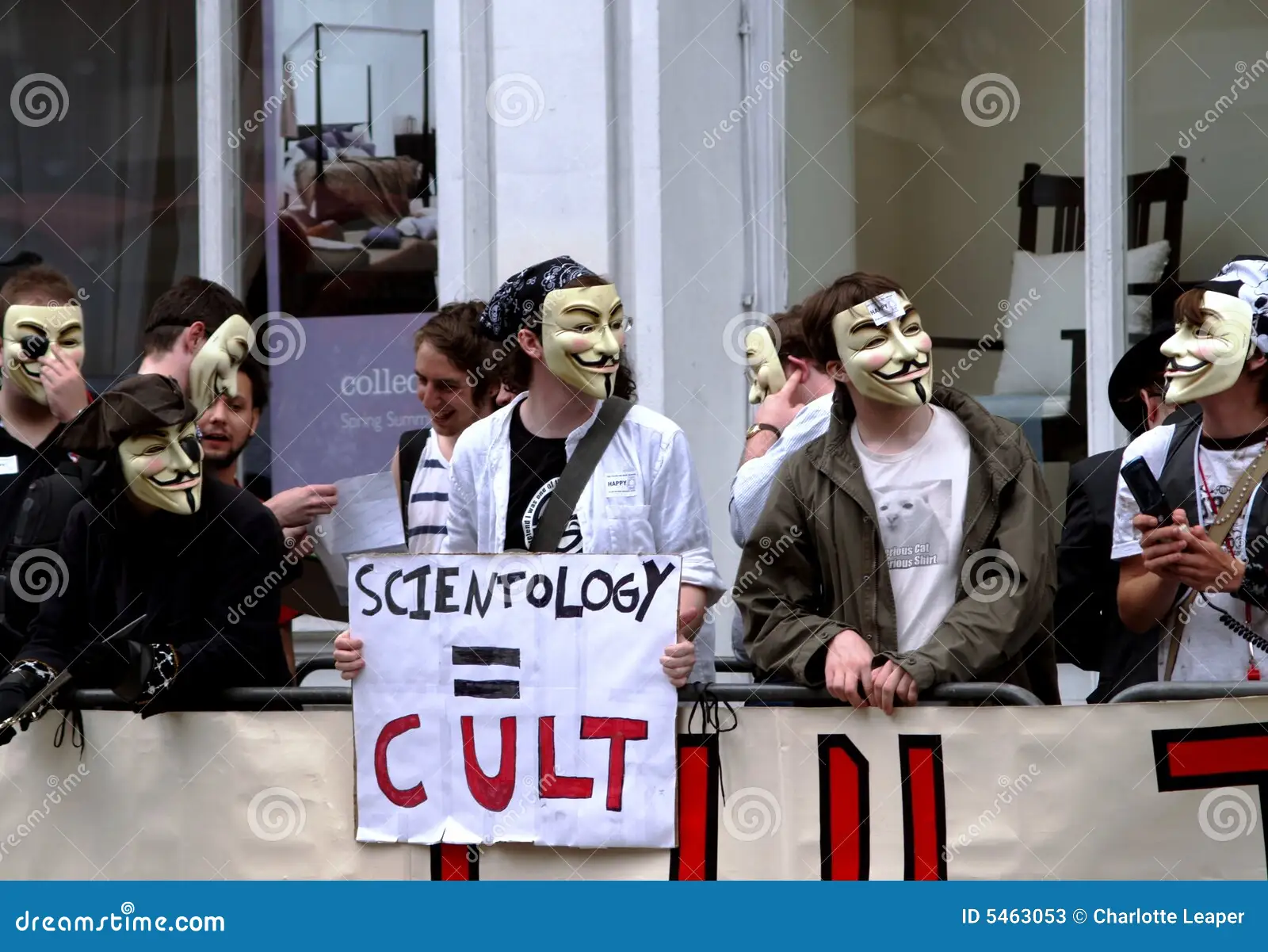When Critics Speak, Scientology Strikes Back
When most people hear “Scientology,” they think of Tom Cruise, weird sci‑fi beliefs, or flashy celebrities in Times Square. But there’s a darker engine driving it all: a Leonardo‑da‑Vinci‑level system of control, intimidation, and legal warfare—especially when someone like Mike Rinder, Leah Remini, or British activist Alex Barnes‑Ross dares to speak out.
The Pattern of Punishment
Scientology pioneered what L. Ron Hubbard called “Fair Game.” It meant anyone labeled as an enemy—even a former member—could be harassed, sued, or legally destroyed as long as it benefited the Church. Officially, they canceled the phrase in 1968—but the practice never stopped. Their Office of Special Affairs is still rumorically accused of orchestrating covert operations, character assassination, and digital smear campaigns.realitytea.com+8youtube.com+8amazon.com+8thesun.co.uk+6ew.com+6theguardian.com+6en.wikipedia.org
They Never Showed the Face of Fear
Take Alex Barnes‑Ross, a former London Scientology insider who started speaking up online. He’s been slandered, hacked, had his videos removed, and has even received death threats. His siblings and mother have been targeted with anonymous emails, and he claims he was stalked. Police in the UK are now investigating.theguardian.com Barnes‑Ross isn’t alone—others like Austen Waite have also faced “false complaints” and harassment after exposing the Church.
Surveillance, Litigation & Taking Over the Message
To critics, Scientology often looks like a cult operating at corporate scale. They filed vexatious lawsuits, infiltrated critics with private investigators, and even tried to take over the original cult‑watchdog organization (Cult Awareness Network) through bankruptcy abuse in the 1990s. Leaders like Mike Rinder and Leah Remini spoke out publicly, and the Church retaliated—cold silence at first, then reputational warfare.ew.com+5theguardian.com+5en.wikipedia.org+5en.wikipedia.org
When longtime whistleblower Mike Rinder died in January 2025 at age 69, the world lost a key witness. He’d spent decades at the top—co-running the Office of Special Affairs—before he left and made it his life’s work to expose the inner workings of Scientology legally and emotionally.people.com+2ew.com+2en.wikipedia.org+2
Expanding, Yet Not Free
Despite the lawsuits and repeated scandals, Scientology claims it’s booming. In late 2024, the Church celebrated “365 Days of Expansion,” showcasing their global reach and streaming channel for “total freedom in 24 time zones.” Yet critics argue that expansion is built on bribery, legal immunity, and political leverage—not spiritual enlightenment.scientology.org+1prnewswire.com+1
But in countries like Germany and France, Scientology is legally classified as a dangerous cult, not a religion. They’re denied tax-exempt status, and face serious scrutiny from governments who see them as a manipulative, profit-first institution. Meanwhile, in the US, the IRS still treats Scientology as a religion—and that legal shield remains their greatest defense.
A Charisma Cloaked in Litigation
Publicly, they promote auditing, self-improvement, and a futuristic path to “The Bridge to Total Freedom.” But behind the scenes, critics like Rebaud Minkoff argue that calling Scientology a cult is “hate speech,” and that it’s bigotry to question their legitimacy. That’s how high the walls are built—not evangelism, but defensive rage.airmail.news
The London Premiere Protest
In May 2025, anti-Scientology protesters including Barnes‑Ross made headlines at a Mission Impossible premiere in Leicester Square. They were detained by police in what eyewitnesses called a peaceful protest. Barnes‑Ross called it a direct echo of Scientology’s old tactic: suppress public dissent with staged intimidation.theguardian.com+2thesun.co.uk+2en.wikipedia.org+2
Why It Matters—Especially Now
Whether it’s a small PA system in the UK or a tax tribunal in the US—Scientology is adept at spinning public narratives. It uses litigation to freeze journalists, lawyers to delay critics, and digital flagging campaigns to bury dissent. Yet what remains clear is this: their game isn’t winning hearts—it’s shutting mouths.
People like Mike Rinder and Alex Barnes‑Ross didn’t just expose abuse—they exposed structure. A system where emotional trauma becomes revenue, and loyalty becomes litigation. A system constructed to look spiritual, but built to survive at all costs.
So What Do You Do?
- Don’t call yourself unlucky for leaving—recognize you were smart enough to get out.
- Pay attention to how powerful groups like this use legal muscle instead of theology to stay alive.
- Protect your voice. Because once you speak, they might just try to erase you.






